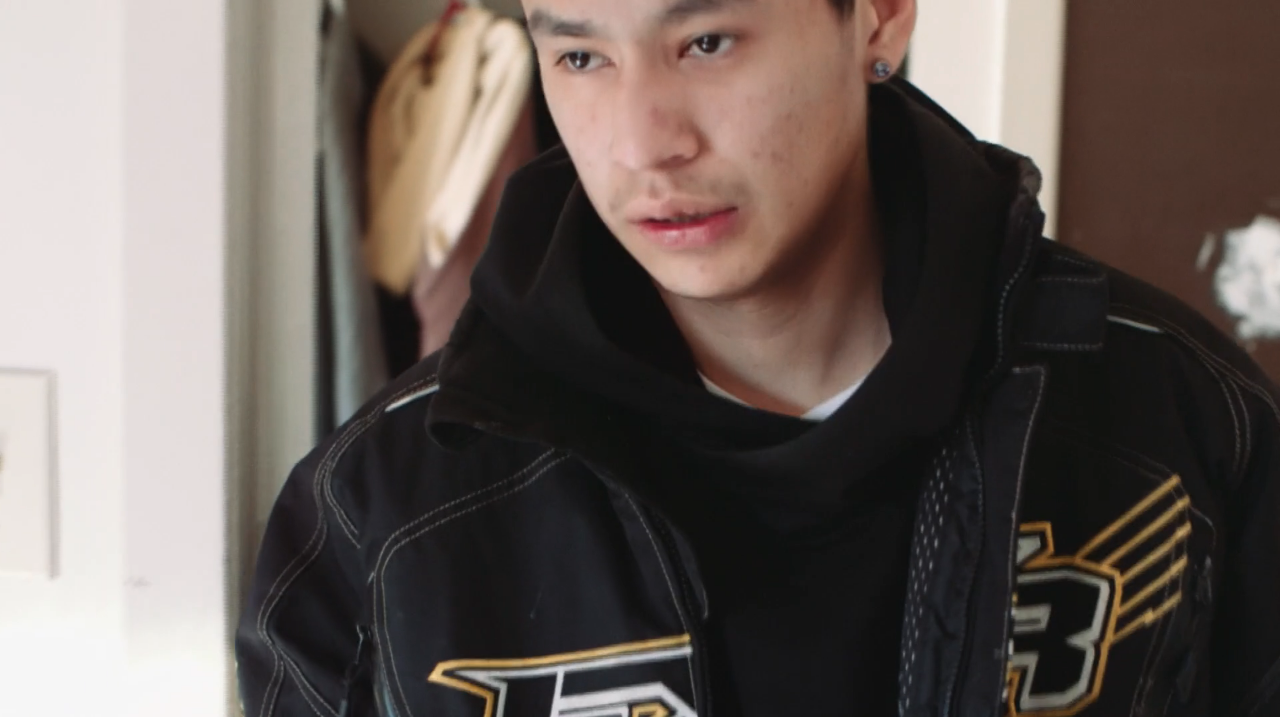
Creative Cinema IS research.
CineWorlding is a cinematic research-creation practice combing the techniques of neorealism with the worlding of neomaterialism and process philosophy. What we seek to do is to take seriously the worlding potential of cinema as a form of thinking movement-in-time.
CineWorlding is derived from two components: cinema and worlding.
Cinema is a process of filmmaking that uses practices, techniques and modes to express ideas, feelings and stories. Cinema opens up other ways of looking at relationships and tells us something about the cultural, ecological, psychological and social lives we inhabit.
Worlding is a setting up of the world, a way of being in a world, and is the context and background from which things are revealed and take on significance. Worlding is a process and a verb. You are worlding. We are worlding together.
What we do in life is worlding. We live in a world and continually are worlding through each action and inaction we undertake. Reality is process of worlding. Think of worlding as a perspective, informed and influenced by all situations we encounter, which ultimately shapes how we perceive the world.
By recognizing the dynamic context we inhabit, our worlding, we discover how it affects our process of being in the world. This dynamic context is co-created by the people, places and things in our world. Because our worlding, reality, is co-created, our research should replicate this collaborative process.
To do this, we use collaborative cinema to unlock information that traditional text and single authorship cannot reveal. CineWorlding seeks to expand how research is thought of, created, processed and shared.
From ethnofiction to CineWorlding.
CineWorlding emerged as a solution to the problem inherent in the tradition of ethnofiction. Ethnofiction is a form of ethnographic film, which blends documentary film and fiction in the staging of reality. What we find is ethnos is a poor descriptor of reality.
Ethnos, known as the other and subject, is seen as something outside of the researcher and director. We believe that you can never be outside of what you are observing and are constantly influenced by anything you interact with. We find ethnos an impossibility in worlding.
Since reality is a process, difference and multiple (worlding), we should make art that follows the energies of the gaze across this complex surface of the world composed of images. You are not making a film about someone or something, you are making a film with someone, with cinematic tools, with techniques, and worlding worlds. We seek to develop a cinematic way to be in the world.
Enter CineWorlding.
“Filmmaking becomes this healing and revealing process of human relationships–an experimental therapy of role playing. It can only be done in a collective effort.”
Cinema can unlock our worlding process.
Audiences need to care about the research we produce. Audiences need to be invested in the material and people presented in our work. Traditional research, conducted through papers, can be hard to grasp (understood), hard to access (public prohibition), and hard to relate to (emotional connection).
How do we produce research that is accessible and relatable? Cinema has an available and invested audience, who explore worlds through fiction. Fiction and storytelling are very important methods we use to communicate. Before there was pen and paper, there was oral tradition and we passed knowledge through story. With visual storytelling, we get to unpack things that can not be said in words.
Done collaboratively, storytelling stays rooted in reality because the participants of the film build, direct, and inform the project together. Just like our worlding process, we should create research in the same way we co-create reality. And it is this process that tells us something about the psychological, social, cultural and ecological lives we inhabit.
CineWorlding roadmap.
Inspiration.
A process of sociological imagination. What inspires you? Peaks your curiousity?Who are we and what are our problems? Who can you collaborate with to inform these reflections? Document your process.
Inspiration through the embodied process of territorial assemblage.
Creation.
You capture your world and the world of others through collaborative filmmaking. Born from the emerging methodology of screen production research, you both inquire and document your process.
Creation through the embodied process of production assemblage.
Sharing.
Explore a multitude of platforms. Cinema provides an audience for your research. Where and how do you share your work and how does it inform your worlding? Contribute in the tradition of film studies.
Sharing through the embodied process of screen assemblage.


